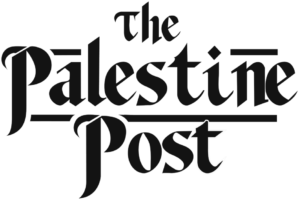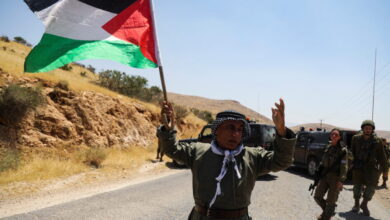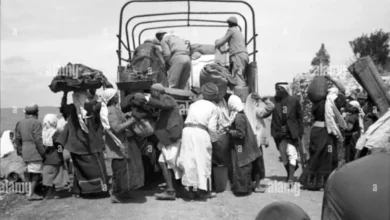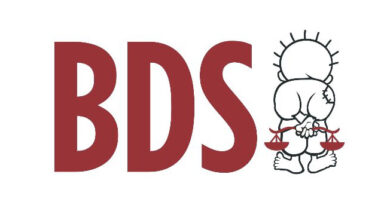Legal Rights of Palestinian Refugees: Comprehensive Overview of International Law and Protections
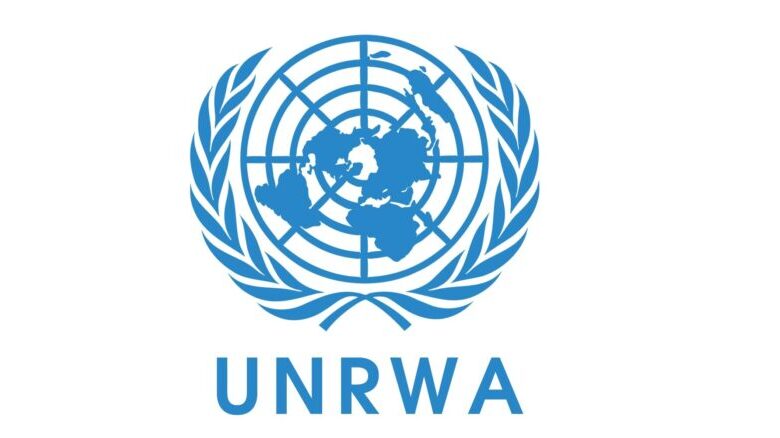
The United Nations Relief and Works Agency for Palestine Refugees in the Near East (UNRWA) defines Palestinian refugees as those displaced from their homes in Palestine between 1946 and 1948, along with their families. Currently, there are over 5.7 million registered Palestinian refugees residing in countries such as Lebanon, Jordan, Syria, and within the occupied Palestinian territories. The Legal Rights of Palestinian Refugees have become a complex and contentious issue since the Nakba in 1948, emphasizing their ongoing struggles and demands for the right to return to their homeland.
Understanding Refugee Status
According to the UN High Commissioner for Refugees (UNHCR), a refugee is someone who cannot or does not want to return to their home country due to a justified fear of persecution. Legal rights of Palestinian refugees include living in camps that offer various services. UNRWA defines a camp as a piece of land provided by the host government to accommodate Palestinian refugees and build facilities for their needs. Areas not designated for this purpose are not considered camps.
UNRWA has schools and health clinics outside of the camps, where there are many Palestinian refugees, such as in the Yarmouk area near Damascus, Syria. Services from UNRWA are available to all refugees living in its operational areas, who meet this definition, and are registered with the agency and in need of assistance. The descendants of original Palestinian refugees should also be registered with the agency when it started working in 1950.
The camps that UNRWA has designated are lands rented by the host government from their original owners. This means that refugees in the camps do not “own” the land where their homes are built, but they have the right to “use” the land for housing. The economic and social conditions in the camps are characterized by overcrowding, poverty, and unsuitable living infrastructure.
UNRWA has established 31 official camps for Palestinian refugees who crossed into neighboring countries and has used informal camp areas to accommodate the high number of refugees. These camps are vital for ensuring the legal rights of Palestinian refugees, providing them with necessary support and services in different countries, as follows:
Jordan
In Jordan, there are 10 camps recognized by UNRWA: Irbid, Baqaa, Husn, Zarqa, Talbieh, Jabal Hussein, Jerash, Sowf, New Amman, and Marka. Additionally, Jordan recognizes three other camps: Prince Hassan, Madaba, and Suhneh. The legal rights of Palestinian refugees in Jordan are significant, as they comprise the highest percentage of all registered refugees in UNRWA’s operational areas.
The number of registered refugees in Jordan is about 2.3 million, which is 39.1% of all registered refugees in UNRWA’s operational areas, with around 17.4% living in these ten camps. Initially, the camps consisted of tents provided by UNRWA, which would let rainwater in until homes covered with zinc sheets were built. Although these homes were not significantly better than tents, they provided some warmth in winter, though they did not protect against the summer heat. Education was provided through overcrowded UNRWA schools, operating in two shifts.
Syria
In Syria, the number of Palestinian refugees is around 570,000, living in nine official camps: Neirab, Jaramana, Hama, Homs, Khan Sheikh, Khan Dannun, Daraa, Sayyida Zeinab, and Qabr al-Sitt. According to UNRWA, Palestinian refugees have rights and privileges similar to those of Syrian citizens, except for citizenship.
Over the years, refugees have improved their homes by adding more rooms. Today, the camp is crowded with concrete homes made of bricks, and it suffers from overcrowding. Many services are available, such as outpatient clinics, dental care, rehabilitation for the physically disabled, and specialized care for non-communicable diseases like diabetes and high blood pressure. Pharmacies also provide free medication for patients with these conditions.
However, due to the rising cost of living, families with 7 to 8 children in school cannot afford all the school supplies, leading to an increase in school dropout rates. Some parents send their children to work at an early age.
Lebanon
In Lebanon, there are about half a million Palestinian refugees, with around half living in 12 camps registered with the UN. According to a survey by UNRWA last year, 93% of Palestinian refugees in Lebanon live in poverty despite the assistance provided by UNRWA. The security situation in some camps has worsened over the years, with an increase in violence and the use of weapons. The infrastructure in these areas is chaotic, especially with dangerous and poorly installed electrical wires.
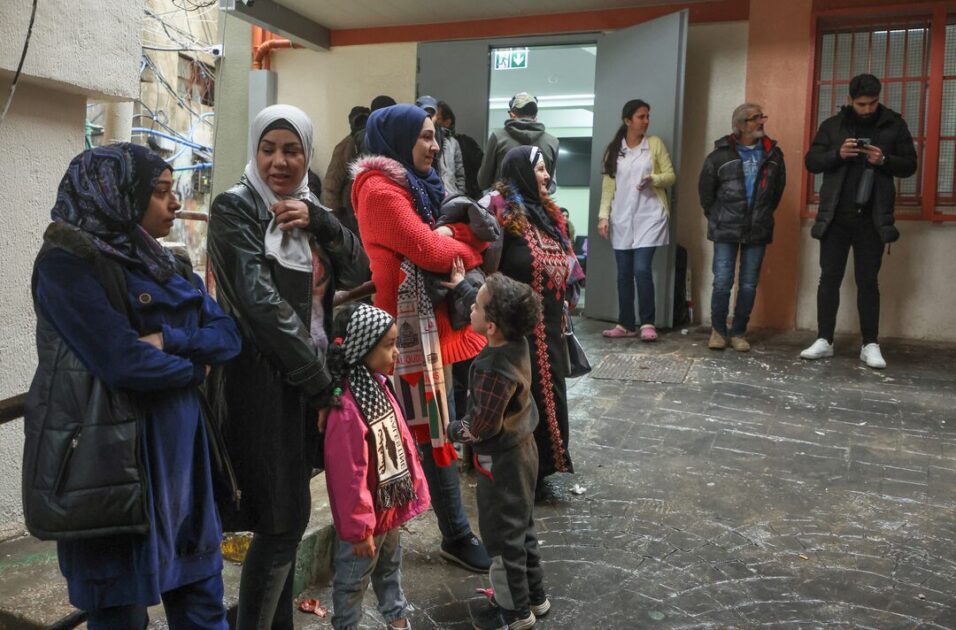
International Legal Framework
The Legal Rights of Palestinian Refugees are governed by multiple international legal instruments and resolutions that create a foundation for their rights and protections.
1951 Refugee Convention
This landmark legal framework establishes refugee rights and the responsibilities of states. Central to this is the principle of non-refoulement, which prohibits returning refugees to places where their lives or freedoms are at risk. While Israel is not a signatory, the Convention significantly shapes global refugee policy, influencing discussions around the legal rights of Palestinian refugees.
UN Resolution 194
Passed in December 1948, Resolution 194 asserts the right of return for Palestinian refugees, ensuring they can return to their homes or be compensated for lost property. This resolution remains a cornerstone in legal discussions on the rights of Palestinian refugees, providing the basis for their long-standing claim to return.
International Humanitarian Law (IHL)
IHL applies during conflicts and offers protections to civilians, including refugees. The Fourth Geneva Convention outlines responsibilities for occupying powers, particularly regarding the treatment and displacement of civilians. This is vital in addressing the rights of displaced Palestinians under occupation, ensuring they are protected according to international law.
International Covenant on Civil and Political Rights (ICCPR)
This covenant emphasizes the right to self-determination and equal protection under the law, regardless of nationality. Palestinian refugees use the ICCPR as a framework to demand their rights, including the right to return, freedom of movement, and protection of cultural heritage.
International Covenant on Economic, Social, and Cultural Rights (ICESCR)
This covenant affirms the right to a decent standard of living, including education, health, and work. The legal rights of Palestinian refugees under the ICESCR are often challenged by the socio-economic barriers they face in host countries, where they are sometimes deprived of full access to education, employment, and healthcare. Despite this, the covenant remains a powerful tool for advocating for better living conditions and rights.
The Situation in Gaza
Gaza plays a crucial role in the story of Palestinian refugees, being home to many displaced individuals and families. Since October 7th, after the events of “Operation Al-Aqsa Flood,” Gaza has faced intensified military conflicts, worsening the already dire humanitarian conditions. Thousands of civilians have been displaced due to these escalations.
The legal rights of Palestinian refugees are at the heart of Gaza’s ongoing crisis. Since 2007 until now , the Israeli blockade has caused severe shortages of basic necessities, healthcare, and education, particularly affecting refugees. High unemployment, a lack of clean water, and insufficient healthcare services contribute to the deteriorating quality of life.
Internal Displacement in Gaza
Palestinian refugees in Gaza experience internal displacement due to frequent military operations in the north and south of the region. Many families are forced to flee their homes multiple times, leading to a cycle of instability and trauma.
International Aid and Support
UNRWA plays a vital role in providing aid and essential services to Palestinian refugees in Gaza. However, political challenges and funding shortages hinder the agency’s ability to fully meet the growing needs of the population. Since the escalation on October 7th, aid trucks face delays at the borders due to strict inspections by Israeli forces, slowing down the delivery of much-needed supplies.
Cultural Identity and Resilience
Despite the ongoing hardships, Gaza’s Palestinian refugees have shown remarkable resilience, preserving their cultural identity and heritage. Community organizations focus on education, arts, and social development, empowering refugees to assert their legal rights and maintain their dignity.
The legal status of Palestinian refugees is a complex and multifaceted issue rooted in historical events, international law, and ongoing political tensions. While there are international legal frameworks that recognize their rights, significant challenges remain, particularly for those in Gaza facing dire humanitarian conditions. As global awareness of their plight grows, there is an urgent need for comprehensive legal recognition and protection of Palestinian refugees, as well as meaningful international action to address their needs and aspirations.
